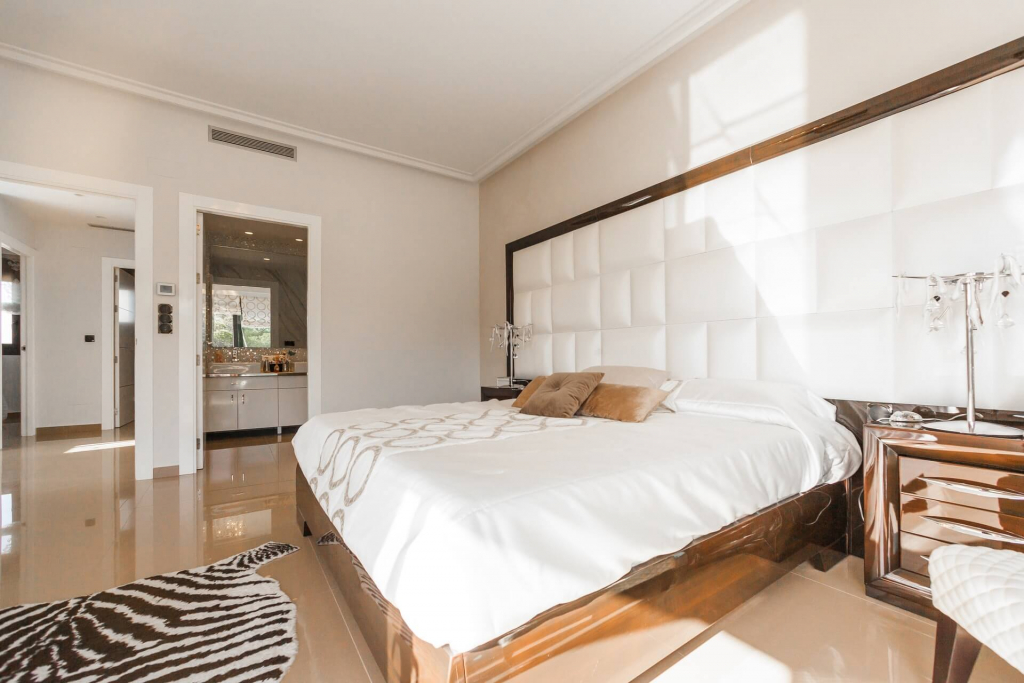You may have a spare room in your house and want to utilize it. The problem is, you can’t decide what to do with it. Will you use it as an office? Or an entertainment room perhaps? The possibilities are endless. Here’s an idea: rent it out to a tenant.
Before you scrap my suggestion, think about it first. I know that having a person who is not a family member living in your house is a reasonable cause for hesitation, but hear me out. There are a lot of people who rent out the extra rooms in their houses. Do you know why? Because it generates income.

You must be thinking, “I don’t know the first thing about renting.” That’s what I am here for. I will teach you some tips on how to rent out that extra room and earn money from it. It won’t be easy, I’m telling you right now. But not impossible, either.
Advertise
The first step after you decide to put up a room for occupancy and preparing it for accommodation is to advertise. It is how you can attract your potential tenants. There are multiple ways to do this. You can let your friends know and they might refer someone who is looking for a place to stay. You can also put up ads on the bulletin board inside your workplace.
With technology right at your fingertips, you can take advantage of that as well. Landlords now use platforms like Padleads to promote their property listings. It has been a big factor in advertising their vacant properties because they can also syndicate it to other well-known rental websites. Your ad will be on the internet with just a few clicks here and there.
Screen
There is a big possibility that you may be renting your spare room to a total stranger and that may cause concern but there is a way to help you worry less. The best thing to do is to screen your applicants. Do not just accept the first offer you get without doing due diligence.

You can do background checks and verify if the information they gave you is true. You can also ask references from their previous landlords if they have any.
Inventory
If you have a furnished room, be sure to list down all the items before the tenant moves in. You should also include the current condition of the items. Document any dent, scratch, or damage.
Once they move in, you can point these things out to them and have them sign that they acknowledge it. This will help avoid any arguments at the end of the lease about new damages that occurred during their stay.
Lease Duration
You should decide on how long you are willing to rent out your spare room beforehand. If you’re new to this, I would suggest a short duration in the beginning since you also have to adjust to the new set up. You can initially have it occupied for six months then re-evaluate if you want to continue.
You should also establish the amount of time the tenant is allowed to give his notice if he wants to end his lease.
House Rules
The only way that this could go off without a hitch is to set some house rules. Having rules would mean that you are setting boundaries and limits to avoid any issues between you and even your neighbors.

For example, they should refrain from smoking inside their room and other parts of the house. You can also set rules about loud noise and having guests over.
Amenities
Remember that the tenant is not limited to only using the spare room. He is also entitled to use other parts of the house, including the bathroom and kitchen. For other areas, like the living room, you have the option to let them use it or not.
Deposit
Asking for a security deposit is a normal thing to do when you are renting out a room or a property. This money will cover unpaid rent or repair costs for any damages that they cause to your property. That way, you will not have to lose money in the process.
Let your insurance officer and mortgage lender know
If you have a lender and insurance officer, let them know of your plans to rent out a spare room. You should check if you are allowed to do so because you might get sued for breaching your contract with them. It might also affect your insurance coverage.
See? It’s kind of a lot but not impossible. Do not get overwhelmed by the things you need to do. Take it one step at a time and before you know it, you’re already a landlord.